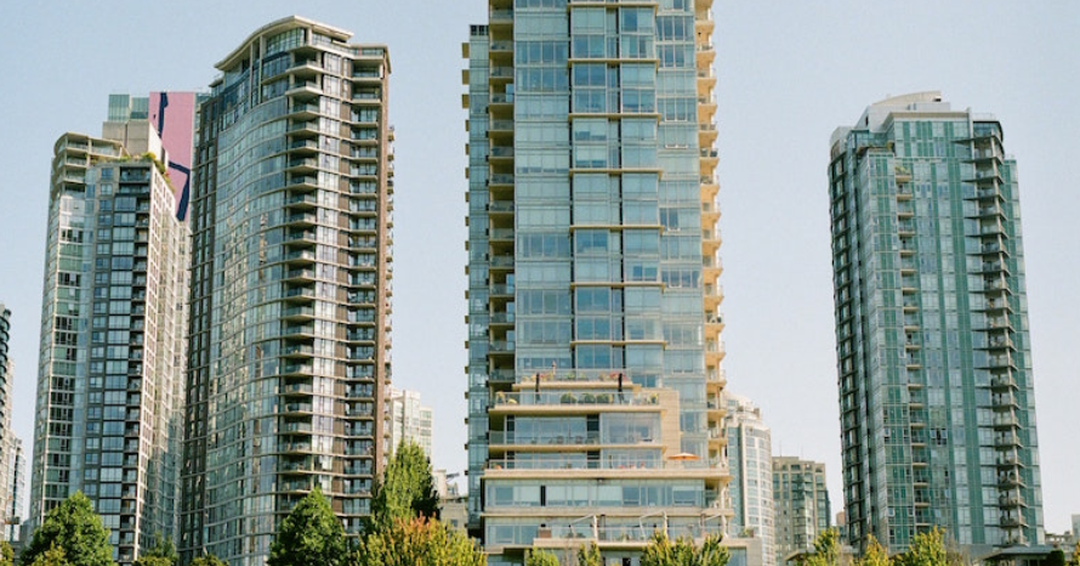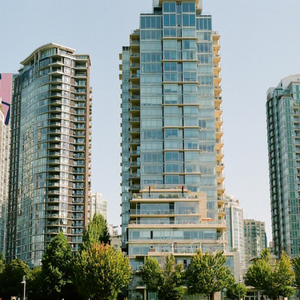
As Pandemic Cheapen Rents, Toronto Landlords rely on Incentives
The Toronto rental housing market is going through its latest crisis due to the COVID-19 pandemic. The landlords are offering more and more perks as they find it hard to fill rentals with tenants. Thus, amidst the pandemic, as vacancies are increasing, rent prices are going way down.
What caused the rental shortage?
The COVID-19 pandemic has made work from home the new routine. This means fewer international students and workers travelling to cities like Toronto to find lodging. Urban Analytics says, as there is a shortage of international students and workers seeking housing, the landlords are now offering incentives hoping to fill their units.
Listing websites like Rentals.ca saw more move-in incentives being advertised on their site around April and May of last year. The ripple effect of the COVID-19 pandemic has increased supply, but ironically there is not as much demand. Immigration has been put on hold, so there are little to no international students and locals are at home attending offices and colleges.
What are these incentives?
A rental incentive could be something as simple as the landlord offering a year worth of free internet or cable or even gift cards to local stores. But the past year has made it really hard for the landlords to find tenants driving them to offer money or even cash bonuses for moving in.
Why are the prices going down?
Short-term rentals such as Airbnb units are entering a long term mix as the pandemic continues to limit and deter travel. The rental units are unfortunately sitting on the market way longer than expected. Hence, they are not generating the desired interest in the buyers for them to sell out. Therefore, many condo owners and house owners are listing their properties at the prices they originally bought them.
According to research reports from Urbanation, vacancy rates for unfinished condo apartments in the Greater Toronto Area saw a rise of 2.4 per cent in the third quarter of the year. Rental units are, sitting on the market for much longer than expected. That is an average of 26 days in August in comparison to 14 days last year.
Special Offers for Students
Some renters have come up with creative incentives to attract tenants. These include university students who sign a 12-month lease before a certain date can “live rent-free in the event of cancellation of on-campus courses”. The renters will receive an unforgettable living experience with additional two months of free rent. They get to choose between a $1500 gift card to Starbucks or a new 128GB iPhone 12 Pro, or help regarding paying for moving costs, or a stocked wine fridge and a Ritual and/or Netflix card. Some of these deals are exclusively for seniors, students, health care professionals and frontline workers.
Discounting on Condos in Toronto
Rental.ca’s recent listing reports show that when it comes to condos, the highest discount is offered on the smallest ones of 400 square feet. Alternatively, rents on properties with an area larger than 1,000 square feet have actually increased slightly during the pandemic. This data reflects that there is a demand for more space that is needed for things like office space or workout space.
According to PadMapper analysis for BNN Bloomberg, the number of short-term listings (rentals less than seven months) in Toronto surged 104 per cent year-over-year sometime in the third quarter of the year. The number of long-time periods listings has gone up by 47% during the same time. This alerts the flood of Airbnb-kind rentals, normally booked for days, not months because the holiday market dipped due to the pandemic.
No one can tell with certainty where the market is headed. Incentives may also turn out to be extra enticing. This could be due to the fact that the pandemic may want to worsen the chilling impact of the colder months.
What about One-Bedroom and Two-Bedroom Apartments?
Similar to Ottawa, Winnipeg and Montreal, Toronto landlords are offering many incentives on one and two-bedroom apartments and condos. Landlords are doing so to attract more tenants to small one-bedroom apartments and condos as people who work from home have a priority to look for more space. And these types of properties can give them that space.
In Toronto, new buildings have more incentives than the old ones. Luxury rentals and two-bedroom apartments also come with incentives. Promotions are offered on a variety of Toronto apartments and condos as lockdown restrictions loosen. Pre-pandemic, incentives for renters have been difficult to find with low vacancy rates. However, during the pandemic and now slowly edging towards the post-pandemic period, the deals abound.
Spending Habits of the People in Toronto and the Danger the Rentals Face
Let’s take a comprehensive look at how much people are splurging on their rent compared to their income. This data is according to a 2016 census. It takes into account both purpose-built rentals and secondary stock like condos too. It also accounts for the basements and suite houses that are often rented out.
The census found 47% of the renters in Toronto spend more than 30% of their household income on rent, while 25% of the renters in the city spent more than half their income. The non-profit housing association is concerned that large, institutional investors may capitalize on the pandemic and eagerly buy off rental properties that are being listed at potentially low prices.
Many buildings are being sold away as their landlords are coming of age and their children do not want to hold on to maintaining and renting out properties, particularly amidst the uncertainty of the pandemic.
Some members of the B.C. Non-Profit Housing Association across the province of Ontario are interested in a fund that would help them borrow or subsidize the cost of acquiring such rental buildings. This trend of cheap rents and incentives are nothing but the outcome of Toronto’s economic recovery from the grasp of the COVID-19 pandemic.
Image Source: unsplash.com








